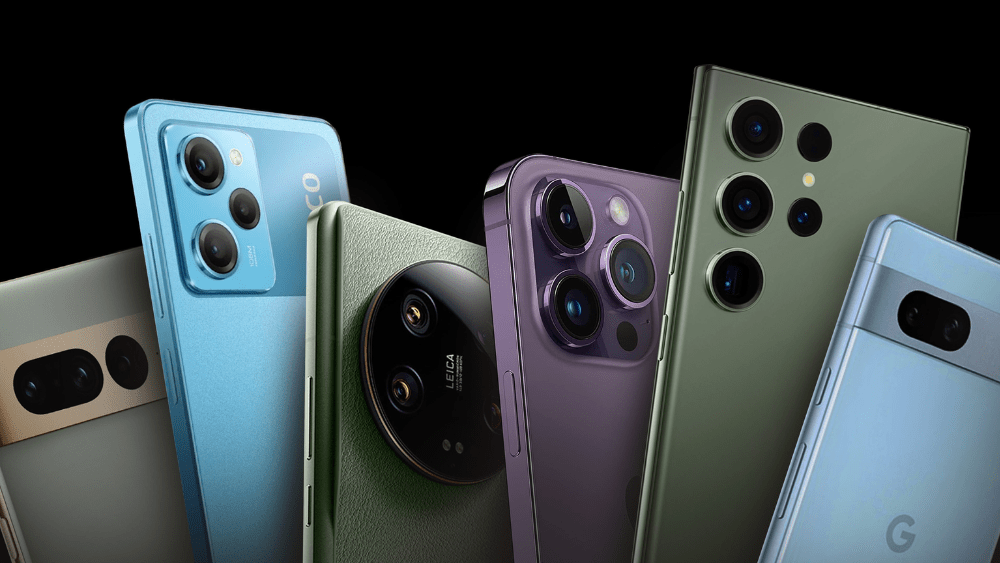Smartphone cameras have revolutionized the way we capture moments. Gone are the days when you needed to lug around a bulky camera; now, your smartphone can do the job just as well, if not better. But with so many options on the market, how do you know which one is the best for you? In this article, we’ll delve into the top 5 best camera phones available today, comparing their features, camera specs, and pros and cons.
What Makes a Best Camera Phones?
Before we dive into the specifics of each phone, let’s first establish what makes a good camera phone. A good camera phone should excel in several key areas: image quality, low-light performance, zoom capabilities, and additional features like portrait mode and night mode. It should also offer a seamless user experience and be backed by reliable software updates.
1. iPhone 14 Pro Max
When it comes to camera phones, Apple’s iPhone lineup is always at the forefront. The iPhone 14 Pro Max is no exception, boasting impressive features and camera specs.
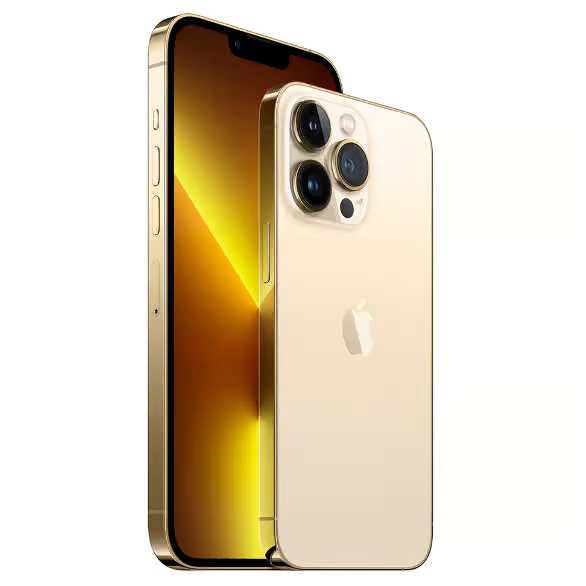
Features
- A15 Bionic chip for lightning-fast performance
- ProMotion technology for a smoother display experience
- Ceramic Shield front cover for added durability
- 5G capability for faster download speeds
Camera Specs
- Triple-camera system: 12MP Ultra Wide, Wide, and Telephoto cameras
- Night mode and Deep Fusion for stunning low-light photography
- ProRAW and ProRes video recording for professional-level content creation
Pros and Cons
Pros:
- Exceptional image quality
- Powerful performance
- Advanced camera features
Cons:
- High price point
- Limited customization options
2. Samsung Galaxy S22 Ultra
Samsung’s Galaxy S22 Ultra is a powerhouse of a smartphone, known for its stunning display and versatile camera system.

Features
- Dynamic AMOLED 2X display for vibrant colors
- S Pen support for enhanced productivity
- IP68 water and dust resistance for added durability
- Ultra-wideband (UWB) technology for seamless connectivity
Camera Specs
- Quad-camera system: 108MP Wide, 12MP Ultra Wide, 10MP Telephoto, and 10MP Periscope Telephoto cameras
- 8K video recording for cinematic footage
- Space Zoom up to 100x for capturing distant subjects.
Pros and Cons
Pros:
- Versatile camera system
- Stunning display
- S Pen functionality
Cons:
- Bulky design
- Expensive price tag
3. Google Pixel 7 Pro
Google’s Pixel lineup has gained a reputation for its exceptional camera performance and intuitive software features. The Pixel 7 Pro continues this trend with its cutting-edge camera technology.
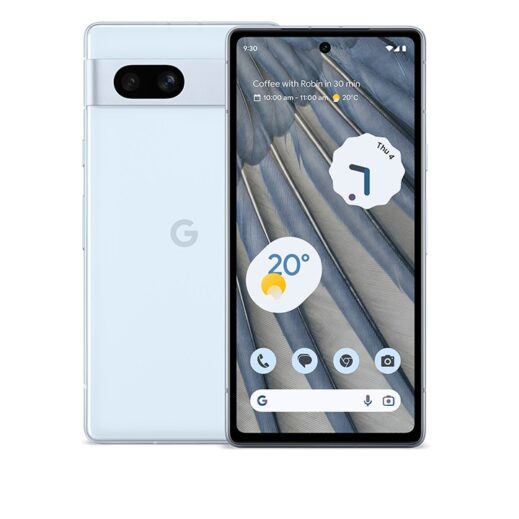
Features
- Tensor chip for AI-driven performance
- Android 13 for the latest software experience
- 5G connectivity for faster download speeds
- Adaptive Battery for optimized power usage
Camera Specs
- Dual-camera system: 50MP Wide and 12MP Ultra Wide cameras
- Pixel Visual Core for enhanced image processing
- Astrophotography mode for capturing stunning night sky shots
Pros and Cons
Pros:
- Outstanding camera performance
- Clean and intuitive software
- Long-term software support
Cons:
- Average battery life
- Limited storage options
4. Huawei P50 Pro
Huawei’s P50 Pro stands out with its innovative camera technology and sleek design, making it a top contender in the camera phone market.
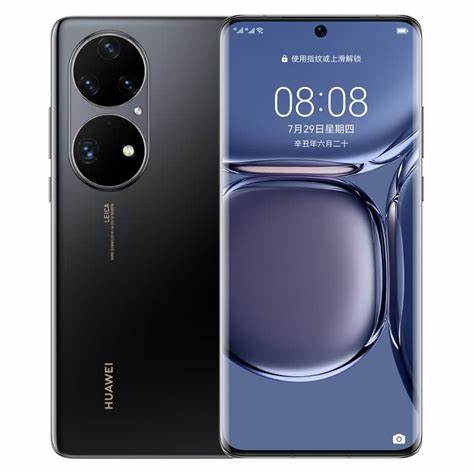
Features
- Kirin 9000E chipset for powerful performance
- HarmonyOS for a seamless user experience
- Dual-SIM capability for added convenience
- IP68 water and dust resistance for durability
Camera Specs
- Quad-camera system: 50MP Wide, 40MP Monochrome, 13MP Ultra Wide, and 64MP Telephoto cameras
- XD Fusion Pro for improved image processing
- Dual-view video mode for creative storytelling
Pros and Cons
Pros:
- Innovative camera technology
- Elegant design
- Smooth performance
Cons:
- Lack of Google services
- Limited availability outside of China
5. Xiaomi Mi 12 Ultra
Xiaomi’s Mi 12 Ultra is a flagship smartphone that packs a punch, offering top-of-the-line features and an impressive camera setup.
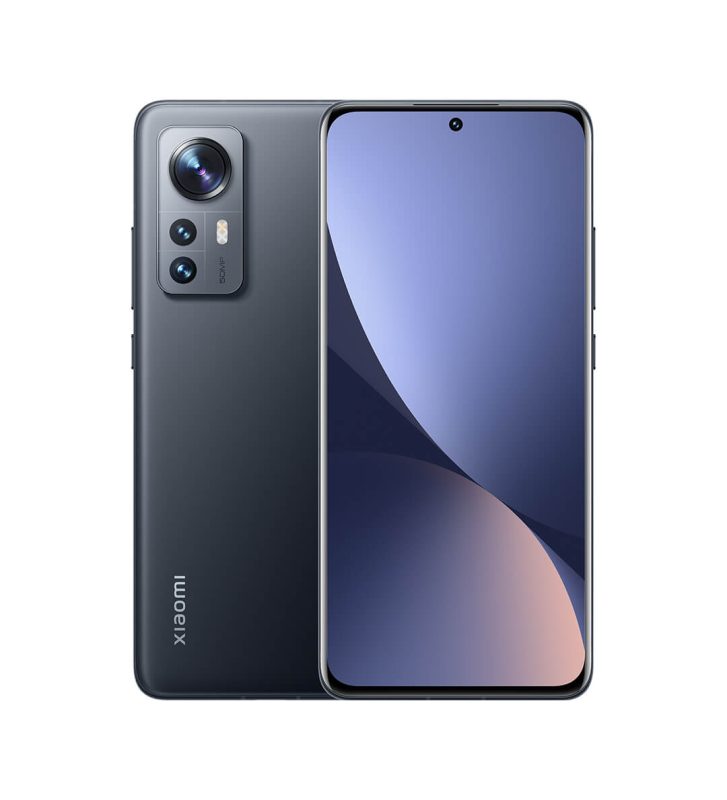
Features
- Qualcomm Snapdragon 8 Gen 2 chipset for blazing-fast performance
- MIUI 14 for a customizable user experience
- 120W wired charging for quick power-ups
- Stereo speakers for immersive audio
Camera Specs
- Triple-camera system: 50MP Wide, 48MP Periscope Telephoto, and 48MP Ultra Wide cameras
- Liquid lens technology for seamless autofocus
- HDR10+ recording for stunning video quality
Pros and Cons
Pros:
- High-quality camera setup
- Fast charging capabilities
- Sleek design
Cons:
- MIUI can be overwhelming for some users
- Limited availability in certain regions
Conclusion
Choosing the best camera phone ultimately depends on your specific needs and preferences. Whether you prioritize image quality, performance, or design, there’s a smartphone on this list that’s sure to meet your requirements. By considering factors like camera specs, features, and pros and cons, you can make an informed decision and find the perfect camera phone for capturing all of life’s moments.
FAQs
- Are these the only top camera phones available? No, there are other excellent camera phones on the market, but these five represent some of the best options currently available based on their overall performance and camera capabilities.
- Do camera phones with higher megapixels always take better photos? Not necessarily. While higher megapixels can contribute to sharper images, factors like sensor size, image processing algorithms, and lens quality also play a significant role in determining photo quality.
- Which camera phone is best for low-light photography? Both the iPhone 14 Pro Max and Google Pixel 7 Pro are known for their exceptional low-light performance, thanks to features like Night mode and advanced image processing.

